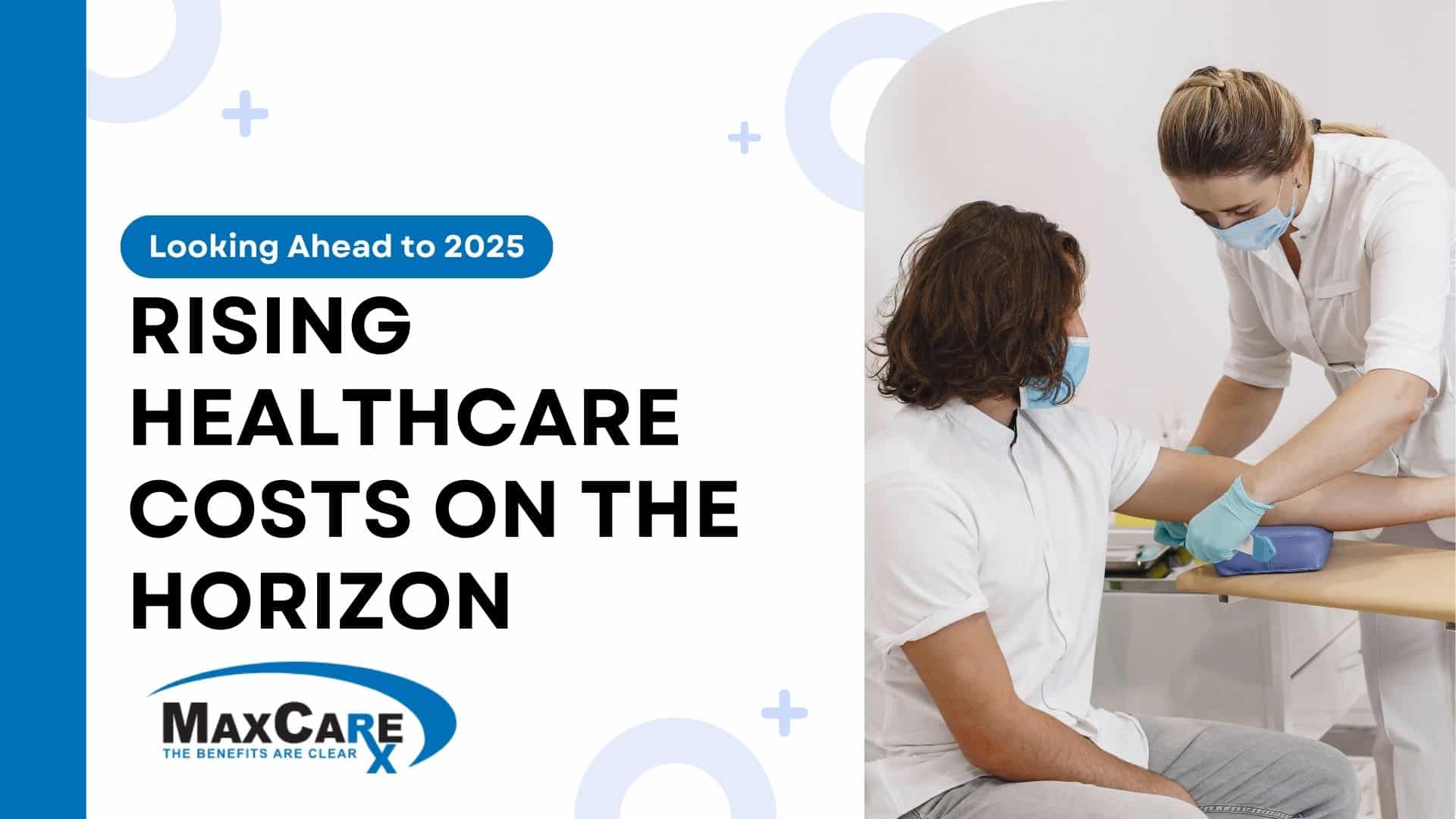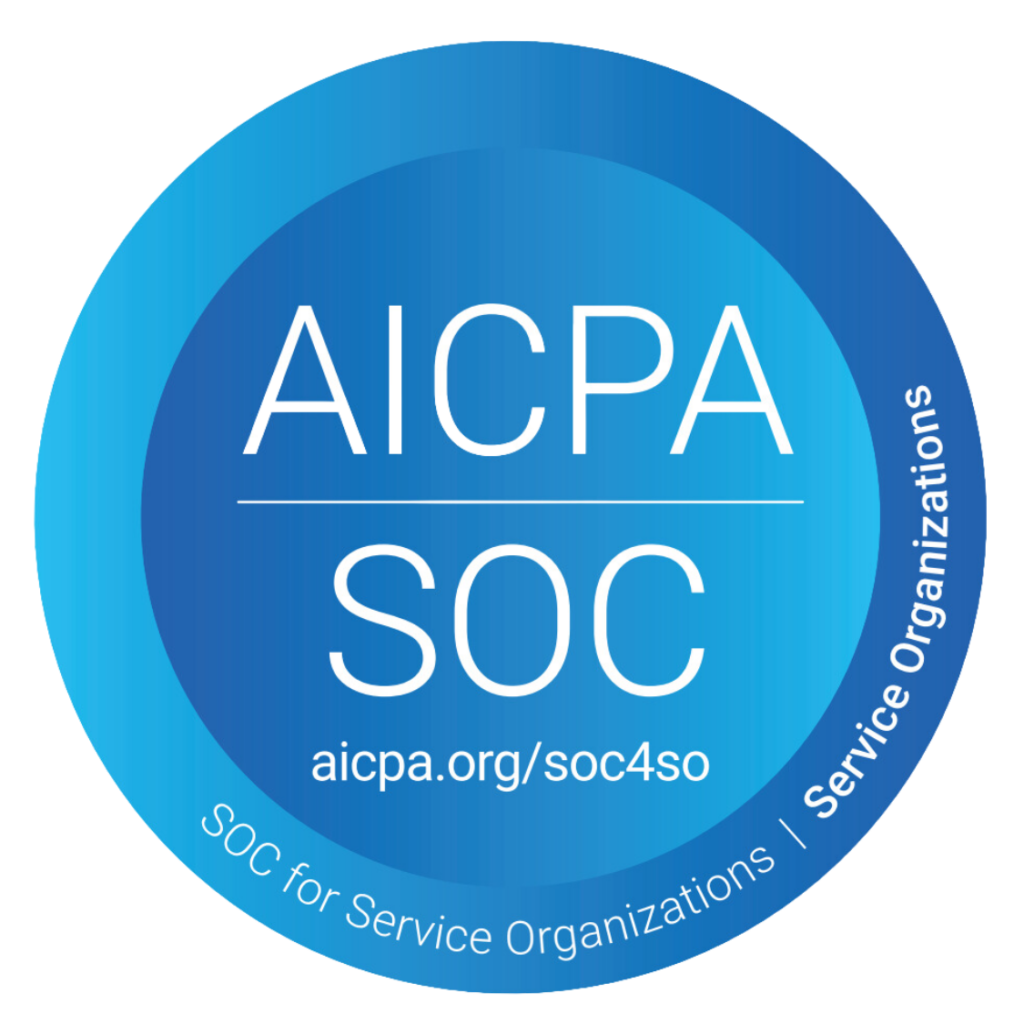As we approach 2025, the healthcare industry is bracing itself for a substantial rise in costs. This increase impacts self-funded employers, brokers, third-party administrators (TPAs), and pharmacy benefit managers (PBMs). Several factors drive these rising costs, and understanding these trends is crucial for effective cost management and strategic planning. Let’s explore the expected increases, delve into the drivers of medical and pharmacy expenditure, examine historical trends, and look ahead at future projections.
Projected Increase in Healthcare Costs for 2025
Healthcare costs are anticipated to grow by an estimated 6-7% annually, a rate higher than the 4-5% seen over the last five years. This trajectory suggests total U.S. healthcare spending may exceed $5 trillion by 2025, emphasizing the financial challenges that lie ahead.
Escalating Pharmaceutical Costs
Pharmaceutical expenses represent a significant portion of rising healthcare costs, expected to increase by 8-10% annually. This surge is largely driven by specialty medications, which treat complex conditions like cancer and multiple sclerosis, and currently account for nearly 50% of total pharmaceutical spending. Despite being only 2-3% of all prescriptions, these high-cost drugs have a disproportionate effect on overall spending. Additionally, innovations and approvals of new specialty medications continue to escalate costs.
Underlying Factors Contributing to Cost Increases
Several factors contribute to rising healthcare costs:
- Chronic Disease Management: Prevalence of chronic conditions such as diabetes and heart disease necessitates ongoing care, boosting costs.
- Aging Population: An increasing elderly population demands more healthcare services, including medication, contributing to expense growth.
- Technological Advancements: Innovations in medical technology enhance outcomes but also come with higher costs, driving overall spending.
- Market Dynamics: Economic factors, such as inflation and labor costs, influence healthcare prices.
Impact of Rising Pharmaceutical Costs
Specialty medications are a key driver in increasing pharmacy expenditures. The approval rate of these drugs has soared, often coming with substantial price tags. GLP-1 receptor agonists for diabetes and weight-loss treatment further highlight the cost impact, with significant monthly expenses. While they offer health benefits, their expense is noteworthy as more patients are prescribed these medications.
Interrelationship of Medical and Pharmacy Costs
Medical and pharmacy costs are intertwined; for example, specialty medications can reduce hospital admissions by improving disease management, but poor medical oversight can lead to expensive pharmaceutical needs. Over the past two decades, U.S. healthcare spending has more than tripled, driven in large part by pharmaceutical costs and increased healthcare utilization.
The Vital Role of a Transparent PBM Partner
To tackle escalating healthcare costs, it is crucial for self-funded employers and stakeholders to partner with a PBM that prioritizes transparency. MaxCare offers a layered approach to managing specialty medication costs, utilizing strategies like evidence-based formulary designs, step therapy, reference pricing solutions, and patient assistance programs. Their full transparency and consultative model ensure clients are prepared for future financial challenges while providing essential, effective health and pharmaceutical care with the best possible outcomes.
Conclusion
Understanding the primary drivers of rising health care costs, particularly the increasing expense of specialty medications, is crucial for effective strategic planning and cost containment. Having a trusted PBM partner like MaxCare will be instrumental in navigating the complexities of rising healthcare expenditures.



